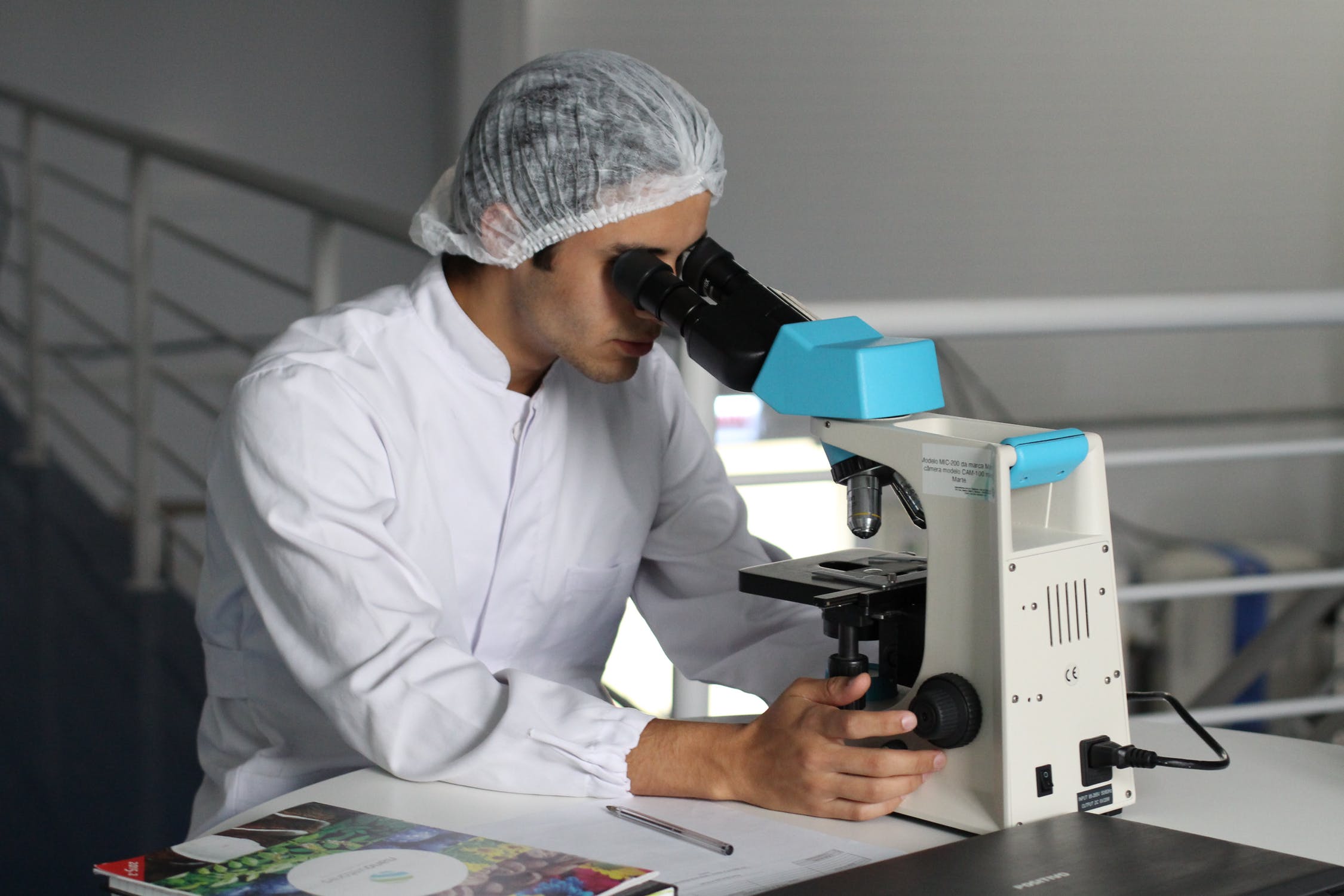Information about the Coronavirus

Public Health Measures to Prevent Infectious Disease Caused by the New Coronavirus
Based on data of the European Center for Disease Prevention and Control (ECDC), 2020 January 26, new coronavirus (2019-nCoV) has reported 2014 cases, including 1985 in China. 29 imported infection cases were reported in other countries around world. 56 deaths were confirmed, including 52 in Wuhan (Hubei Province, China). All the known cases of imported infections are related to travelling to Wuhan.
The Wuhan Seafood Market, which is currently closed and disinfected, is considered as a center of the disease, however, not all those who have been infected have visited the market. Nevertheless, symptoms of the disease (fever, cough, difficulty in breathing, signs of pneumonia) are similar in all infected individuals. Given that there are individuals who have not traveled to Wuhan but have been in contact with other patients, it is reported that infection can be transmitted from one person to another.
The risk of getting infected, for persons travelling to Wuhan and who are in close contact with individuals who are experiencing symptoms of respiratory infections, is medium. On this basis, the threat of infection introduction into the European region is also considered to be medium.
Recommended preventive measures when traveling to China:
- If you are planning to visit Wuhan, it is recommended that you would avoid visiting the wet markets, where fresh meat, fish and other perishable goods are sold, or other places where live or dead animals are handled;
- avoid contact with sick people, especially those with respiratory symptoms (cough, sputum, etc.);
- proper hands and food hygiene is advised, avoid contact with animals and their secretions;
- it is recommended that you would vaccinate against influenza at least 2 weeks before your trip.
Recommended preventive measures when returning from China:
- Persons experiencing symptoms of respiratory tract infections are advised to wear a mask / respirator (to minimize communication with other persons and maintain a distance of at least 2 meters);
- strict hygiene of hands, coughing / sneezing (coughing, sneezing mouth, nose napkin, littering, washing / disinfecting hands);
- seek medical advice as soon as possible by calling emergency no. 112 (inform about your symptoms and your previous trips, follow further instructions from specialists).
Persons within educational institutions, who were in contact with suspected ill person, should:
- Wear personal protective equipment (disposable masks and gloves). As a reminder, gloves should be carefully removed, discarded, and washed / disinfected immediately after contact with body fluids;
- it is recommended that a disposable mask would be given to a suspect (if disposable mask cannot be used due to the sensitivity of the individual to the materials which were used in producing the mask – a disposable napkin to cover the nose and mouth should be given to the suspected ill person).
In the event of adverse epidemiological situations, please inform the NVSC Diseases Management Unit of the Vilnius Department, phone no. 8 6187 9984. This is important in order to implement as promptly as possible the ECDC recommendation to organize extensive traceability of exposed persons. In the case of confirmation of a disease caused by the new coronavirus (2019-nCoV), it is recommended that 14 days of close contact be closely monitored by the VNSC.












